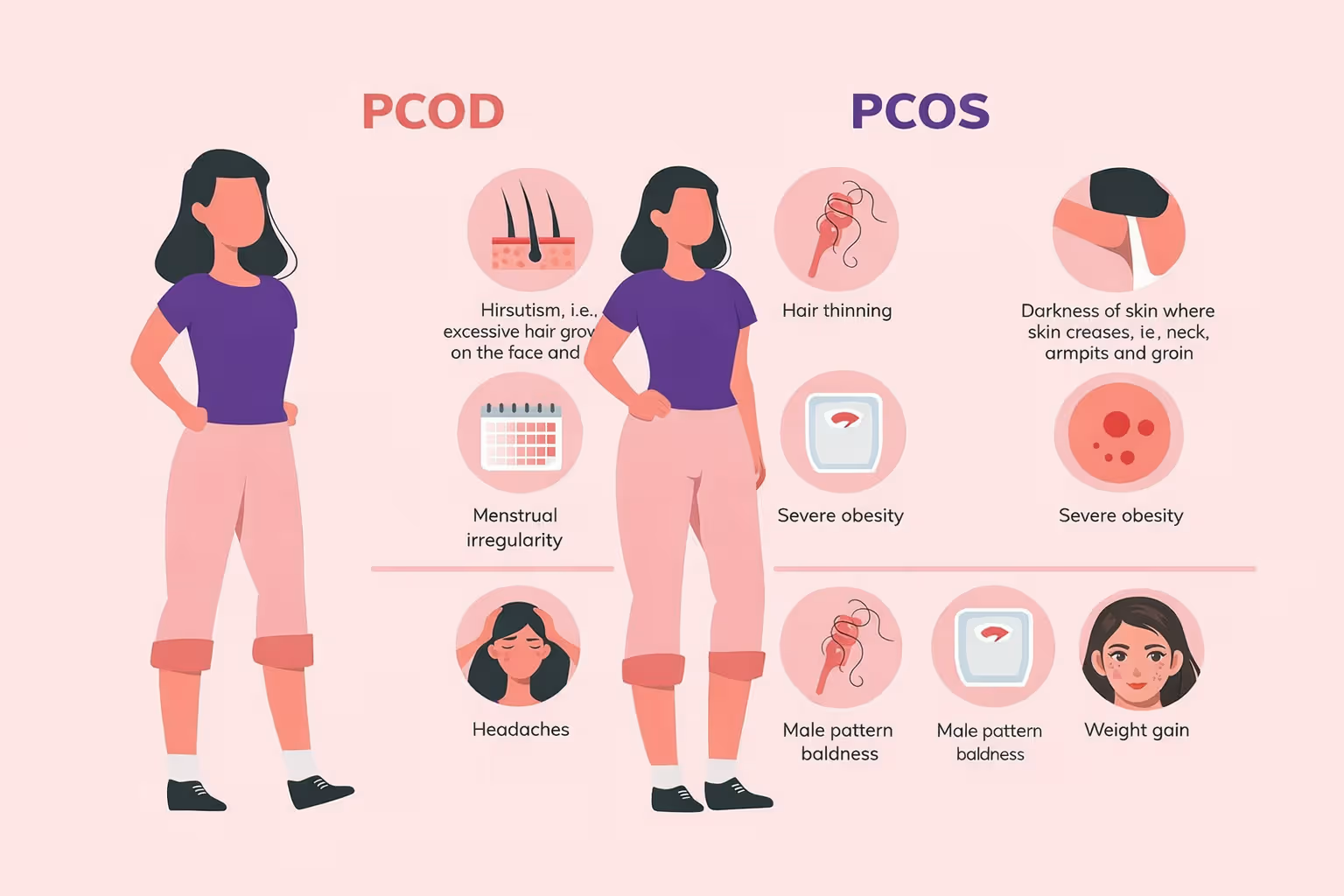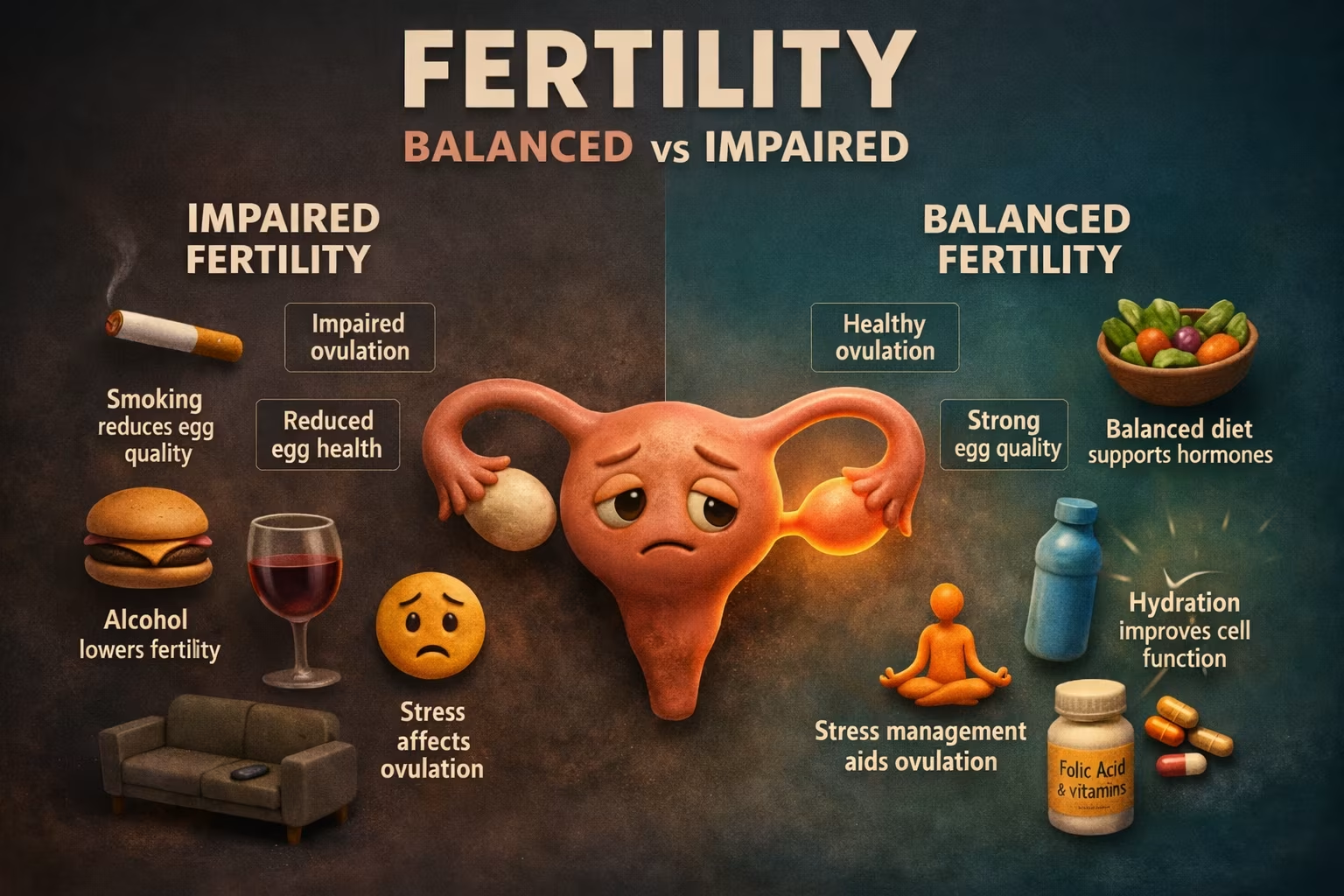At Gulmohar IVF & Fertility, we stand apart from corporate fertility chains by offering a truly personalized and nurturing experience. Our small, standalone clinic, led by Dr. Renu Lamba, is designed to provide not only advanced fertility treatments but also a peaceful, welcoming space where you feel cared for at every step. Thoughtfully designed with Vastu principles, our clinic’s calming interiors and serene atmosphere create a sense of positivity and relaxation—because we believe healing begins in the mind and environment.
Here, you’re more than a patient; you’re family. We take the time to understand your unique journey, offering tailored solutions and unwavering support in your pursuit of parenthood. At Gulmohar IVF, hope, care, and expertise come together to help you achieve your dreams.
The Importance of Regular Fertility Testing for Women
Understanding your reproductive health is crucial for family planning, yet many women overlook the importance of regular fertility testing. This blog post explores the various aspects of fertility testing, why it matters, and how it can empower women to make informed decisions about their reproductive futures.
What is Fertility Testing?
Fertility testing involves a series of evaluations to assess a woman’s reproductive health. These tests can identify potential issues that may affect fertility and help guide decisions about family planning.
Types of Fertility Tests
- Hormonal Tests: Blood tests can measure hormone levels to evaluate ovarian function and identify potential issues.
- Pelvic Ultrasound: This imaging technique helps assess the reproductive organs’ health, checking for conditions like fibroids or cysts.
- Hysterosalpingography (HSG): This X-ray procedure examines the uterus and fallopian tubes, checking for blockages or abnormalities.
- Ovarian Reserve Testing: This assesses the number and quality of eggs in the ovaries, providing insight into a woman’s reproductive potential.
Why is Regular Fertility Testing Important?
- Early Detection of Issues: Identifying potential fertility problems early allows for timely interventions, improving the chances of conception.
- Empowerment: Understanding your reproductive health empowers women to make informed decisions about family planning and treatment options.
- Personalized Family Planning: Fertility testing can provide insights that help individuals plan their families according to their circumstances and timelines.
- Health Monitoring: Regular testing can monitor reproductive health changes, particularly for women with known risk factors for infertility.
When to Consider Fertility Testing
While it’s advisable for women to undergo fertility testing if they experience difficulties conceiving, there are specific situations where testing is particularly beneficial:
- Age: Women over 35 should consider testing after six months of trying to conceive, while those under 35 may wait for a year.
- Medical History: A history of reproductive health issues, such as irregular cycles, endometriosis, or previous surgeries, may warrant earlier testing.
- Lifestyle Factors: Factors like smoking, excessive alcohol consumption, or obesity can impact fertility and may necessitate testing.









